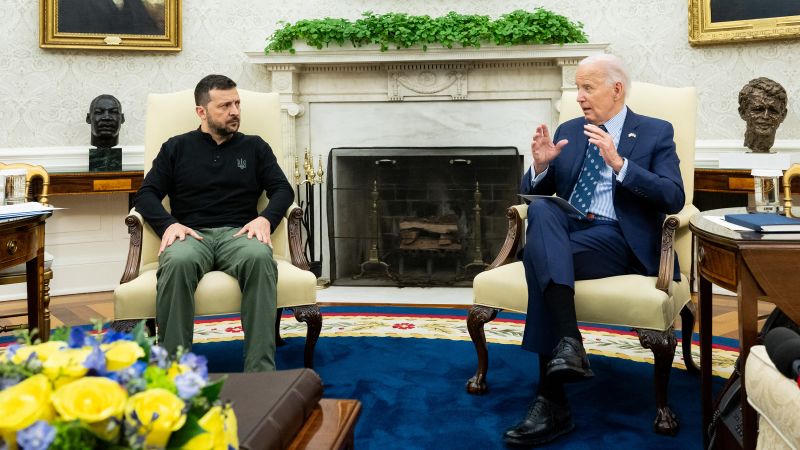The BBC has reversed its decision to axe Red Button services amid viewer backlash for spending more than £290million on the interactive platform.
The broadcaster announced plans to remove the text and data element of the Red Button service in November last year, but moves were halted in January following protests.
Critics had expressed concerns about how the removal of services would affect the elderly, people with disabilities and those without online access, potentially leaving ‘many people, who are already vulnerable, further isolated and marginalised from society.’
The BBC has now said it will keep local, national and international news, the main sport headlines, stories, fixtures and results, and weather forecasts on the service.
The BBC announced it will keep local, national and international news, the main sport headlines, stories, fixtures and results, and weather forecasts on the Red Button service
Dan Taylor-Watt, director of product for BBC iPlayer and BBC Sounds, said: ‘I’m pleased to let you know that we have found a way to keep the most valued text and data elements of the Red Button service.
‘This means you will continue to be able to access local, national and international news headlines and stories, main sport headlines and stories, sport fixtures and results, as well as weather forecasts.
‘To enable the continuation of the most valued text and data elements of the service, we are having to find ways to reduce cost and complexity elsewhere.’
Changes which will take place from mid-2021 include no longer providing Lottery results, English regional sport pages and individual sports’ headlines, except for football and those on the main sport pages, through the Red Button.
Red Button streams for Wimbledon and Glastonbury will not be affected.
In January, a petition by the National Federation of the Blind of the UK was handed to the BBC and Downing Street weeks before the service was due to close, the BBC reported.
The broadcaster announced plans to remove the text and data element of the Red Button service in November last year, but moves were halted in January following protests. Pictured: Stock image
Changes which will take place from mid-2021 include no longer providing Lottery results, English regional sport pages and individual sports’ headlines, except for football and those on the main sport pages, through the Red Button. Pictured: BBC director-general Tim Davie
Former director-general Tony Hall, who was succeeded by Tim Davie this month, said at the time he would consider the concerns raised in order to ‘make a fresh decision’ on the phasing out of text services.
In a letter to Damian Collins MP, he added: ‘People have expressed their concern that the closure of Red Button text service could negatively affect elderly people and people with disabilities.
‘These are issues which I feels [sic] deserve to be explored in more depth… so we have decided to suspend its closure pending further work in that area.’
It was revealed last year that the BBC spends more than £290million on its online and Red Button services – enough to pay for £1.9 million licence fees for the over-75s.
The broadcaster announced in July it would go ahead with its decision to scrap the free TV licence for the elderly, despite more than 230,000 people signing a petition against the decision a year earlier.
The move will save the BBC £495million from 2021, but leave an estimated 3.7million pensioners without free television.
In contrast, the £290million bill for the BBC website and Red Button service in 2017/18 could fund more than 1.9million free licences.
If that was combined with the £268.3million spent on the BBC World Service Operating licence, the BBC could theoretically continue to offer the free service for pensioners.
The corporation could alternatively look at cutting back the £655.6million spend on its numerous radio channels.
BBC employees were told in April that the broadcaster would need to find £125million savings this year due to the coronavirus pandemic.
The broadcaster asked its public service staff – not those in its commercial subsidiaries – to make a voluntary redundancy expression of interest.
It was feared in June that thousands of jobs may go as the corporation looks to make the saving after the pandemic blew a huge hole in its budget.








